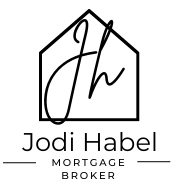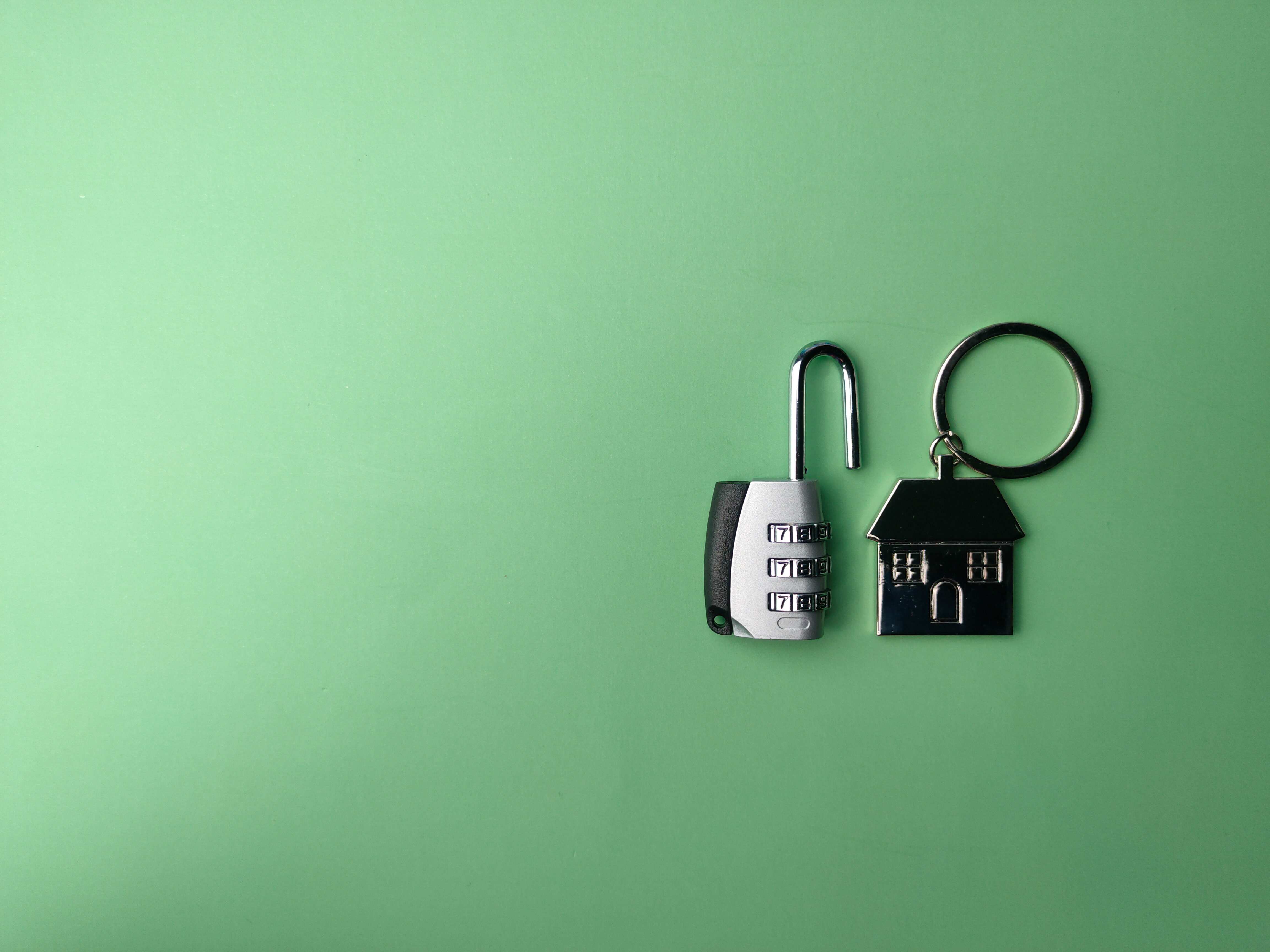People are aiming to become their own bosses these days — and at a rapid pace. But wait, you need to verify your income via your employer when applying for a mortgage. Anyone would want to know how to buy a house when self-employed or whether it’s possible. That’s where self-employed mortgages come in. Self-employed mortgages differ from traditional mortgages by giving people without a fixed stream of income a chance to qualify for a mortgage. You can be eligible for this type of mortgage if you are an owner of a corporation, sole proprietorship, or partnership. Let’s take a closer look at everything you need to know when considering a self-employed mortgage.
Pros of a Self-employed Mortgage
Getting a mortgage when self-employed is becoming normalized at a rapid pace as more people opt for self-employment. Contrary to what many people believe, it’s not all drawbacks. There are actually several advantages to a self-employed mortgage, such as:
- You can be approved for a larger amount: if you opt for a stated income mortgage, you may be able to secure a higher sum towards your mortgage than you would be granted when going down the traditional route.
- Quicker processing times: these types of mortgages tend to have quicker processing times, which means you may be able to find out if you are eligible for your mortgage quickly.
- Get access to better rates: self-employed mortgages consider the unique circumstances of your employment, which makes it easier to secure a mortgage with beneficial conditions like a low-interest rate compared to traditional mortgage options.
Possible Cons of a Self-employed Mortgage
Some drawbacks of self-employed mortgages include:
- Requiring a larger down payment: especially in the case of stated income mortgages, you may be required to put down a larger down payment to secure a mortgage since you are considered a higher risk for lenders than individuals with traditional employment. That figure can range from 10-35% depending on the circumstances.
- You may need to shop around: Type A lenders often have stricter criteria for approving self-employed mortgages. Your bank of choice may reject your mortgage, requiring you to shop around for better conditions with B lenders, creditors, or alternative lenders who have more flexibility.
Answering Your Questions About Self-employed Mortgages in Canada
My clients have a lot of questions to ask when getting a mortgage in Canada, especially while self-employed. I’ve answered some of the most frequently asked questions for your reference when you need it.
1. How Much Income is Needed To Qualify For a Mortgage?
You will be required to show your income history for mortgage consideration. There isn’t a fixed amount of income that passes or fails. It all depends on your debt-to-income ratio, the price of the property you want to purchase, the amount of your down payment, and so on. When calculating self-employed income for mortgage eligibility, pay attention to your loan-to-debt ratio and utilize a mortgage calculator to give you some insight into how much income you need and what range you’ll be eligible for.
2. Does Being Self-Employed Affect Getting a Mortgage?
Getting a mortgage while self-employed will be just as similar of an experience as applying for a traditional mortgage if you are well informed about the processes. As long as you have two or more years of records and financial proof to show, a good credit score, and timely tax payments, you won’t have a difficult time. In some cases if you have been self employed for less than 2 years you may still qualify on a case by case basis.
3. Do Mortgage Lenders Look At Gross Or Net Income
Depending on your lender and the type of mortgage you want to apply for, they may pay special attention to either your gross or net income. Typically, the net income is more important since when all business taxes are deducted from the total, the lender will have a clear understanding of your income amount. In any case, it’s the past two years of financial documents that matter the most when it comes to your lender reviewing your eligibility for a loan.
4. What are Mortgage Application Requirements?
Aside from the regular mortgage requirements, like credit score documentation and an indication of your debt-to-income ratio, there are a few specific documents you need to present when applying for a self-employed mortgage. That includes documentation like proof of income (unless it’s a stated income mortgage), personal tax forms, and business tax forms. Passing a mortgage stress test is almost always necessary to determine if your business will withstand the test of time.
5. How Can I Get Approved For A Higher Mortgage?
As with any other mortgage, if you want to get approved for a higher mortgage amount to finance a higher priced property, you need to work on improving your financial standing. That can be done multiple ways (bonus points if you do more than one) and includes processes like offering a larger down payment, improving your credit score, providing proof of additional streams of steady income, and so on.
6. What are Stated Income Mortgages?
A stated income mortgage in Canada is a type of mortgage offered to self-employed individuals. The unique point of this mortgage is that you don’t provide traditional income documentation, you simply “state” your income to the lender, who will review the reasonability of the business to be able to afford to pay the stated amount if required. You will be required to put down a larger than standard down payment to qualify for a stated income mortgage since it proposes a greater risk for the lender and there is typically an insurance premium that applies to these types of mortgages unless you have more than 35% down payment. The default premium is slightly higher than your traditional insured mortgage also.
7. Who Grants Mortgages For Self-employed Residents?
There are primarily three types of lenders that can offer you a self-employed mortgage in Canada.
These are: type A lenders, B lenders, and private lenders. Their eligibility criteria, flexibility, and expectations will differ from lender to lender. So it’s best to seek out various options to determine which lender will grant you a mortgage with the best conditions.
8. Can you get a mortgage with no job but a large deposit in Canada?
With alternative lenders, it is entirely possible to pay a large down payment (35-50%) and secure a mortgage for a property. That doesn’t qualify as a self-employed mortgage, though.
I, Jodi Habel, am a licensed mortgage broker in Ontario dedicated to helping my clients reach their milestones by connecting them with mortgages that suit their financial standing. Contact me today for more information.

